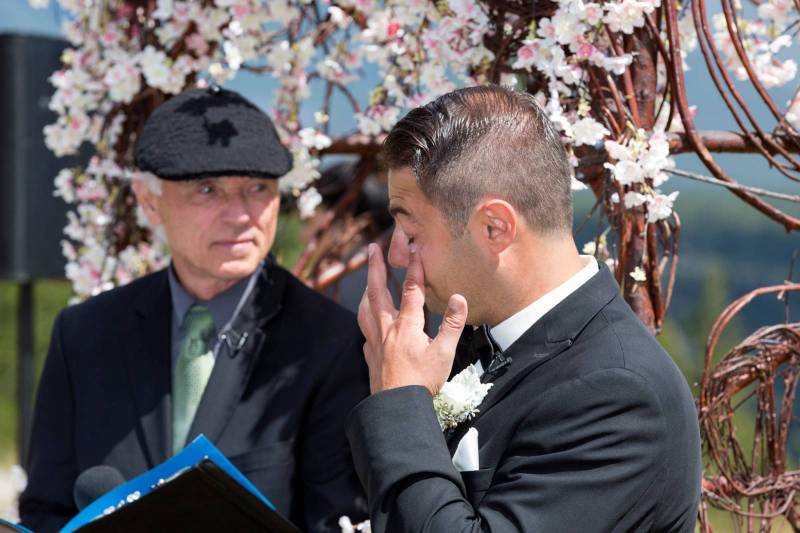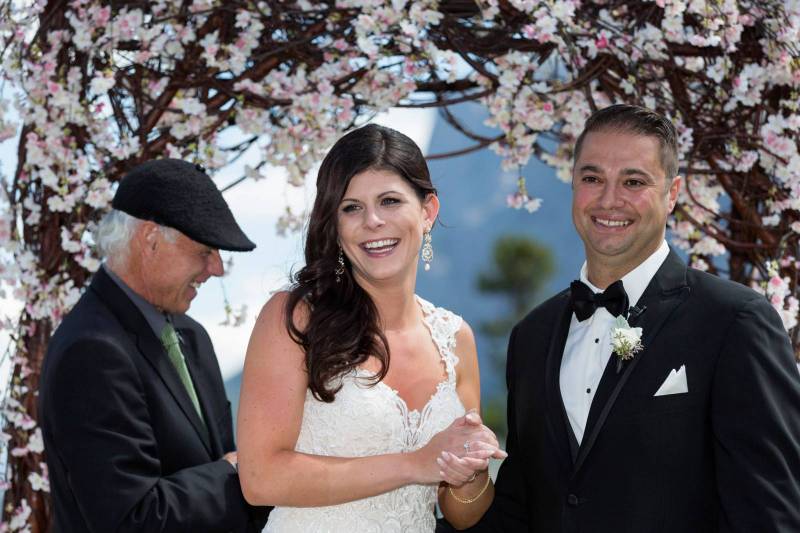

allow the editing of rather large images (100 mega-pixels or more), without "killing" your machineĭeveloping a suitable processing pipeline has been my first big problem, and the main initial showstopper for the project.allow local editing with grayscale blending masks.support adjustment layers as well as layers grouping, to achieve complex effects.provide a real-time preview of the current editing.allow the direct processing of RAW files.
Photoflow photography code#
So I decided to take a different approach: define my ideal photo editor, see what building blocks could be used as a starting point, and eventually incorporate code from both Rawtherapee and Darktable whenever possible, just to avoid re-inventing the wheel.įirst of all, what could be the characteristics of an ideal photo editor? Here is my shopping list: No way for example to combine two or more exposures in a single image with extended dynamic range. Last but not least, they are both limited to single images. The current situation with Darktable is better, as it supports local editing through blending masks for most of the tools, however adjustment layers are not in the todo list of the developers. The conclusion was simple: it would imply rewriting a good portion of the processing pipeline. I remember having followed a discussion on the Rawtherapee forums about adding support for adjustment layers. This is simply because none of the Open Source photo editors provides at the same time high-quality RAW development, adjustment layers and non-destructive local editing.

The typical workflow of a Linux photographer is to do the initial processing with a RAW developer like RawTherapee or Darktable, and then switch to GIMP for the final touch-ups.


 0 kommentar(er)
0 kommentar(er)
